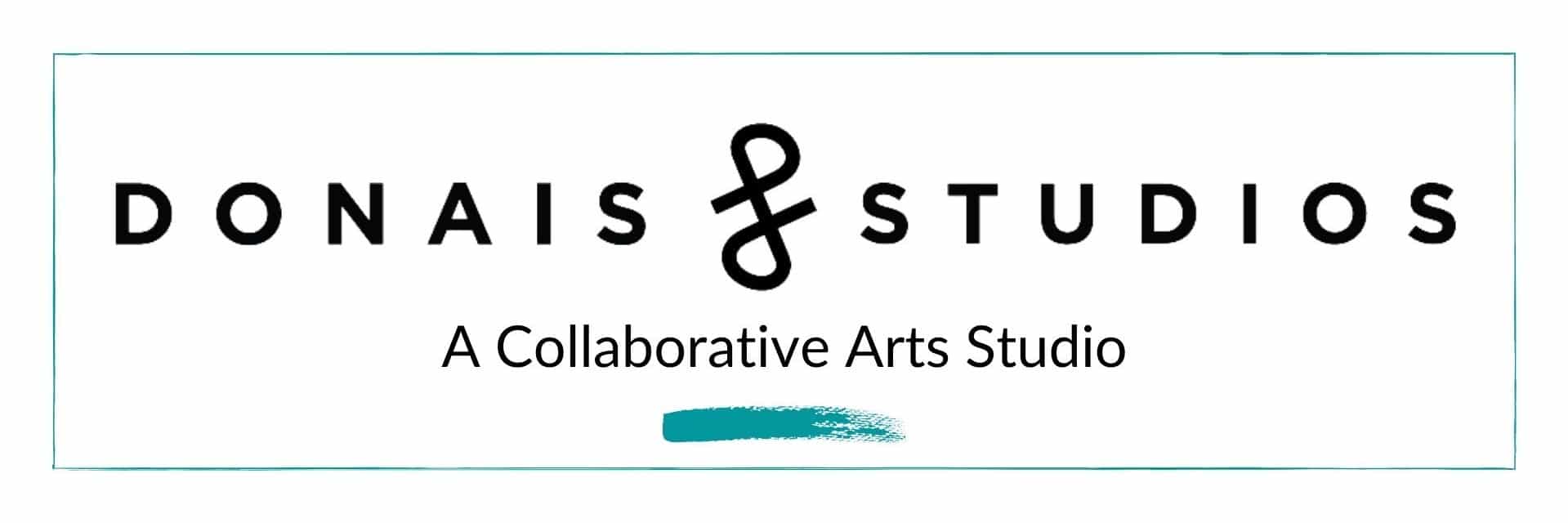You can’t fall in love with someone if you don’t spend time with them. You need to get to know them. Learn about their strengths and their weaknesses, their quirks and their gifts. Build a meaningful relationship that is based on trust and respect. A relationship that can only be formed by spending quality time together.
The same goes for your relationship with your instrument and the artist within. How can you build a meaningful relationship of trust and respect if you don’t spend quality time together?
We hear it all the time: quality over quantity. This is true for music practice too.
It’s not necessarily how long you practice, but the quality of your practice time. The energy and focus you bring to your small, yet consistent practice routine will help you create a POSITIVE and HEALTHY relationship with your instrument as you develop your skill as an artist.
Learning a new skill can be challenging. No doubt about it. It takes time and patience. It takes a willingness to work hard, to put in the effort, and develop the discipline of a daily practice routine. You need to spend time with your instrument and the artist within to understand its strengths, weaknesses, quirks, and special gifts!
Practicing your instrument or artistry doesn’t need to be something you dread. In fact, it should be something you love and look forward to everyday. YOU are the one to create this energy and excitement surrounding your daily practice and development as an artist. The same energy and excitement that a new relationship or friendship brings. Parents, you play an important role in creating this excitement for your young artist!
Somehow practicing has become a chore. One more thing to check off the never-ending “to do” list.
We have put music and artistic practice in the same category as homework and emptying the dishwasher. But isn’t art more than that? Doesn’t it offer us something different? Something deeper and more meaningful?
I think we need a new approach to practicing. It’s time to put arts education in a fresh new light. Daily practice is the building of a positive and healthy relationship between you, your instrument, and your inner artist.
Last week I shared the secret to building a successful practice routine.
- I encouraged you to start easy and simple. Let’s not overcomplicate it or make it a chore!
- Short daily practice sessions that are directly linked to an already established habit or routine are more likely to “stick” and become routine.
- Commit and be consistent – no excuses.
- Dedicate a sacred space for your daily practice sessions. A space that inspires you and draws you to it.
- Choose ONE skill or song to work on at a time. Everything doesn’t need to be mastered in one practice session! Remember to keep it simple.
- Be kind and patient with yourself. Approach your practice session with curiosity. An opportunity for exploration and discovery.
- Notice and acknowledge your progress. Reward yourself for keeping your commitment to yourself, your goals, and your artistry.
Why is this approach important? Well, firstly, it takes little motivation and encourages small, but consistent action. The beginning steps of creating a meaningful habit in our day. Secondly, by keeping our practice sessions simple, easy and positive, we are more likely to create a “ripple effect”.
The Merriam-Webster dictionary defines the ripple effect as: “a spreading, pervasive, and usually unintentional effect or influence”.1 The ripple effect is the true POWER of keeping a new habit or routine simple and easy.
When practice sessions are kept short, simple, and easy; they become enjoyable. Frustration begins to dissipate because the focus and intention of the practice session is simple and clear and motivated by curiosity and discovery. The consistency of routine brings a level of comfort and certainty, especially for young children.
Confidence and skill builds with each small, but regular practice session. The positive relationship between an artist, their instrument, and their daily practice begins to build.
Mastery experiences through practice leads to greater self-efficacy and greater enjoyment, interest, and desire. Gradually (and unintentionally) the practice sessions become longer and longer because the positive effects of artistry are being felt. The desire for excellence becomes exciting and engaging. You may reach a state of “flow” where you become fully immersed in your artistry. You find enjoyment and self-expression from your art. You develop a meaningful relationship of trust and respect with your instrument. These effects can ripple into other areas of life too.
“The ripple effect” is powerful and the desired outcome of establishing a daily practice routine. Start small and allow the confidence, interest, and desire to build slowly.
Writing this blog is a new habit for me. A difficult one to be quite honest. I don’t consider myself to be a writer, however, I know sharing my thoughts and philosophies on arts education with my community is important and it brings clarity to my mission and vision. Am I in love with writing? Nope, not yet! But, I’m getting there. I’m developing a relationship with my writing voice and building the skills to share authentically and effectively. It takes time, patience and consistency. Thank you for coming along on this journey with me!
Excellence takes practice. Transformation takes practice. Your relationship with your instrument and inner artist takes practice. There’s no rush. Start simple and slow. Simple and easy CAN be very effective. Consistent, healthy, and positive practice habits will lead to beautiful things. Be patient, but take action.
Fall in love with the Artist Within by spending time together each day. Now, go practice!
Xo
Andrea “the match-maker” Donais
P.S. Please share this article with a friend who is struggling to create a consistent practice routine and a healthy relationship with their instrument.
1 “Ripple effect.” Merriam-Webster.com Dictionary, Merriam-Webster, https://www.merriam-webster.com/dictionary/ripple%20effect. Accessed 6 Mar. 2022.
